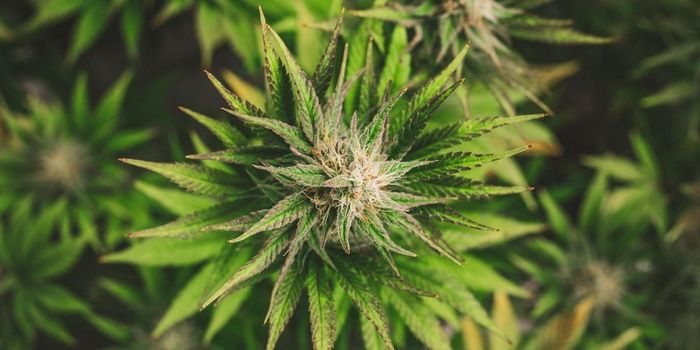Cannabis use in pregnancy results in fetal harm
In recent years, extensive research has been dedicated to understanding the implications of alcohol consumption during pregnancy, with an emphasis on the health and developmental outcomes for children exposed to alcohol in utero. Findings from a study published in the Journal of the American Medical Association Pediatrics underscore the significance of adhering to clinical guidelines on alcohol consumption during pregnancy, which continue to advocate for complete abstinence.
Research has shown that cannabinoids, the active compounds in cannabis, can cross the placental barrier and impact fetal brain development. Studies have linked prenatal cannabis exposure with a heightened risk of neurodevelopmental disorders, cognitive challenges, and attention-related disorders. In some cases, children exposed to cannabis in utero also exhibit altered stress responses and challenges with emotional regulation, factors that can influence their social development and academic performance.
One emerging area of concern is the impact of cannabis on placental development and function. Some research suggests that cannabis exposure can restrict blood flow in the placenta, leading to suboptimal nutrient and oxygen delivery to the fetus, which in turn can affect fetal growth and increase the risk of low birth weight. This physiological impact is particularly concerning given that low birth weight has been associated with various long-term health challenges, including respiratory issues, developmental delays, and increased susceptibility to chronic diseases later in life.
One of the significant challenges in the discussion surrounding cannabis use in pregnancy lies in the misconception that cannabis is a “natural” and therefore safe option for managing symptoms like nausea, anxiety, and insomnia, which are common during pregnancy. Unlike alcohol, for which the risks are broadly understood, the public perception of cannabis can lead some to believe it’s less harmful or even beneficial. However, the recent findings underscore that cannabis, despite its natural origins, can have profound effects on fetal development, particularly when exposure occurs during the early stages of pregnancy.
"These findings reinforce the existing clinical recommendations that are out there [from] the American Academy of Pediatrics and the American College of Obstetricians and Gynecologists, hopefully this evidence gives some renewed, fresh data for clinicians to use when they approach their patients," Keim stated.
In a healthcare landscape where misinformation about cannabis is prevalent, it becomes essential for clinicians to provide evidence-based guidance to expectant parents. As legal access to cannabis continues to expand, these findings serve as a valuable tool for medical professionals advocating for safe pregnancy practices.
Sources: Journal of the American Medical Association Pediatrics, Medscape








